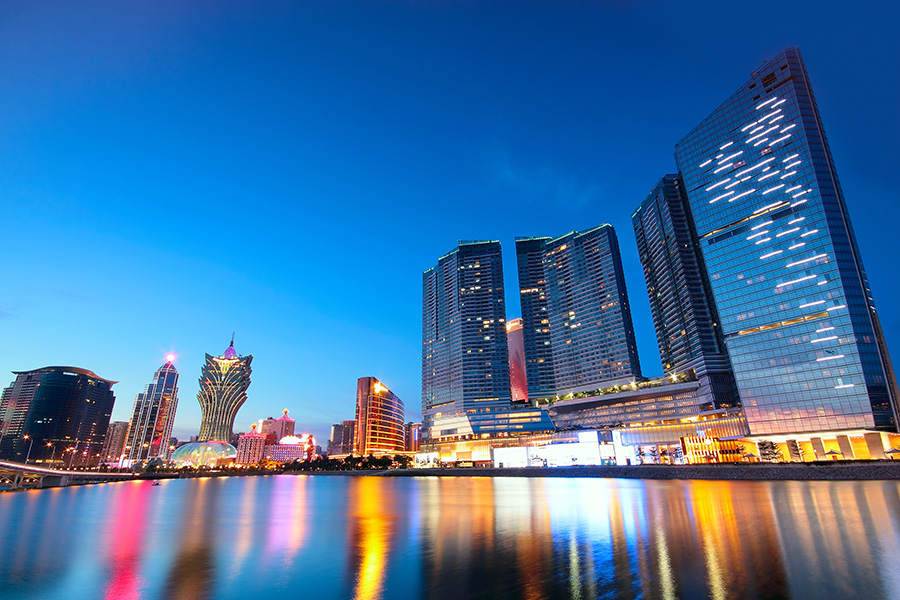Macau will remain highly profitable for casinos, analysts say

An analyst from Morgan Stanley Asia said capital expenditures are expected to fall while the local mass market is gradually recovering.
Macau.- Praveen Choudhary, an analyst from brokerage Morgan Stanley Asia, talked about the outlook for Macau’s gaming industry during a conference session on Asian gaming destinations on the first day of G2E Asia 2022 Special Edition. He said Macau will remain a very profitable market for gaming operators due to lower capital expenditures and a gradual recovery of the mass market.
He said: “Casinos are just going to keep improving the existing facilities and keep adding some non-gaming amenities. That saves you a lot of money.”
He did note that the return on investment for Macau casino operators is expected to be lower in the future, but added that will still be very profitable for the next 10 years “as and when we’re out of the Covid-19 pandemic.”
As for today’s Macau market outlook, the Morgan Stanley analyst said he remains optimistic about the resilience of mass markets, including premium masses, once Covid-19 travel restrictions are lifted.
According to Macau Business, Choudhary said: “The market continues to remain excited about Macau. The demand is still there, it’s just a matter of bringing more hotel rooms, and of course, removing the travel restrictions.
“At some point, we also need nearby Hengqin island to bring more rooms to drive even higher growth. That’s why we think Macau has just not peaked yet.”
See also: Feature: what’s in store for the future of the gaming industry in Macau?
As regards the junket business in Macau after the arrests of Levo Chan Weng Lin, chairman of Tak Chun Group, and Alvin Chau Cheok Wa, former CEO of Suncity Group Holdings, Choudhary pointed out the VIP gaming revenue in Asia has shrunk in the past two years while ASEAN (Association of Southeast Asian Nations) states have taken a bigger share of the pie.
Though Macau remained the largest contributor to Asian VIP gaming revenue, it only accounted for 35 per cent of the total in 2022, compared with over 70 per cent previously.









